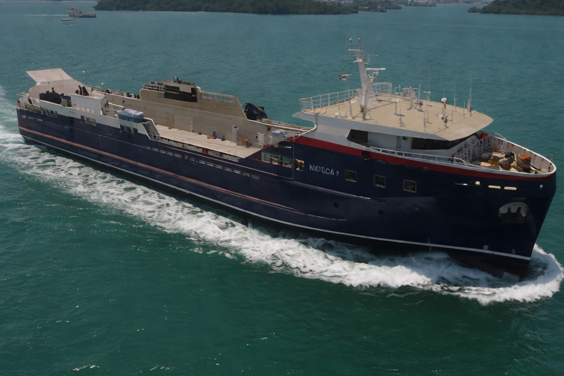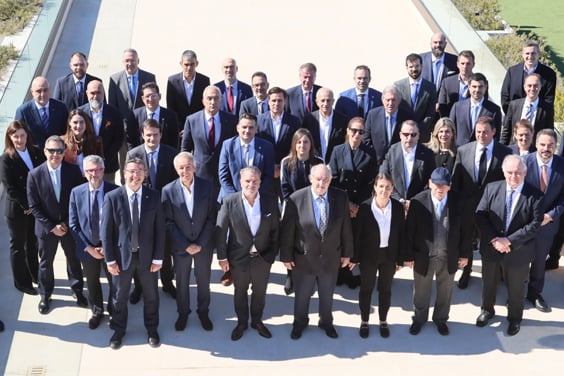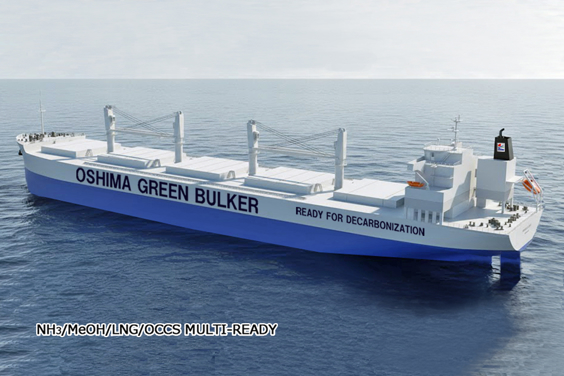The Methane Abatement in Maritime Innovation Initiative (MAMII) hosted its first event in Brussels, bringing shipowners, engine designers, technology providers and EU policymakers together to accelerate efforts to reduce methane emissions from shipping.
Led by Safetytech Accelerator, established by Lloyd’s Register, MAMII is a coalition of shipping leaders, which aims to reduce the environmental impact of liquefied natural gas (LNG) in shipping while assisting the transition to future fuel solutions.
Delegates discussed the rapid advances in methane measurement and abatement and the need for stronger alignment between innovation and regulation, as well as the right mix between action and accuracy.
With methane recognised as 28 times more potent than CO2 on a 100-year scale and the second most significant GHG emission, participants underscored that methane abatement represents one of the fastest, most impactful climate solutions available to shipping today.
The event examined developments across the full emissions chain.
Upstream transparency is improving through enhanced monitoring tools, enabling more informed LNG sourcing. However, tank-to-wake emissions, where combustion slip remains the dominant contributor, remain the largest challenge. Several engine types have seen 60–70% reductions in methane slip in recent years, supported by the emergence of aftertreatment systems that could scale reductions up to an additional 80–90%.
Technology providers demonstrated solutions ranging from catalyst-based aftertreatment and advanced sensor systems to AI-driven emissions analysis and handheld methane leak detection devices for pipelines.
Shell’s Technology Manager, Stephen Brown, confirmed that the company’s in-house methane abatement catalyst system will enter shipboard trials in December. This marks the third MAMII-member aftertreatment technology trial. Early results from all member trials have been positive, and commercial readiness is expected as soon as 2027.
Industry representatives called for clearer, predictable and science-based frameworks that provide certainty for investment. They highlighted the importance of updated default values reflecting technological progress, reliable measurement methodologies, and incentives for early adopters alongside support for retrofitting. Alignment between EU and IMO regulations was seen as essential for global consistency and operational clarity.
Panos Mitrou, MAMII chair and Lloyd’s Register Global Gas Segment Director, said: “Methane abatement is both a climate obligation and a strategic opportunity for technology development. It is a great example for the industry to demonstrate action and compliance. It can offer substantial emissions reductions, generating positive cash flows and balance, in carbon cost measures.
“The Brussels event marked a significant milestone for our initiative, strengthening cooperation between regulators, industry and innovators.
“The consensus was clear: momentum is building, solutions are advancing rapidly and reducing methane emissions is within reach for the maritime sector. We must now focus on expanding these solutions to global fleets, improving the data supporting our decisions, and guiding the industry confidently towards significant methane reduction.”










